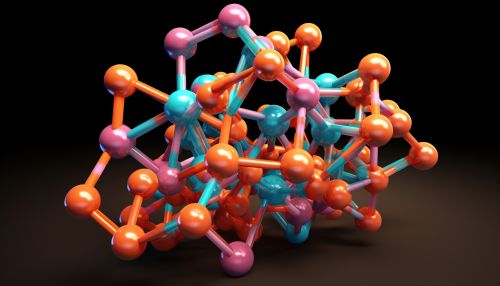Oxytocin
Introduction
Oxytocin is a peptide hormone and neuropeptide that plays a crucial role in social bonding, reproduction and childbirth. It is produced in the hypothalamus and released by the posterior pituitary gland. Oxytocin is often referred to as the "love hormone" or "bonding hormone" due to its involvement in social and romantic relationships.


Chemical Structure and Synthesis
Oxytocin is a peptide hormone, meaning it is made up of a short chain of amino acids. It is composed of nine amino acids, making it a nonapeptide. The sequence is cysteine - tyrosine - isoleucine - glutamine - asparagine - cysteine - proline - leucine - glycine (CYIQNCPLG). The two cysteine residues form a disulfide bond, which is crucial for the hormone's bioactivity.
Oxytocin is synthesized in the cell bodies of neurons in the paraventricular nucleus and supraoptic nucleus of the hypothalamus. These neurons transport the hormone down their axons, where it is stored in vesicles in the posterior pituitary gland. When these neurons receive the appropriate signals, oxytocin is released into the bloodstream.
Physiological Roles
Reproduction
Oxytocin plays a key role in various stages of reproduction. During childbirth, oxytocin promotes uterine contractions, which are necessary for the delivery of the baby. After birth, oxytocin stimulates the release of milk from the mammary glands in a process known as lactation.
Social Bonding
Oxytocin is also known for its role in social bonding. It is released during positive social interactions such as hugging, touching, and sexual activity. Oxytocin has been found to increase trust and reduce fear, making it easier for individuals to form bonds with each other.
Pharmacology
Oxytocin can be administered as a drug to induce or augment labor, to control postpartum bleeding, and to enhance milk let-down. It is usually given by injection into a muscle or into the bloodstream.
Research and Clinical Applications
Oxytocin is currently being researched for its potential use in treating a variety of conditions, including autism, social anxiety, and schizophrenia. Preliminary studies suggest that oxytocin may enhance social skills and emotional recognition in individuals with these conditions.
